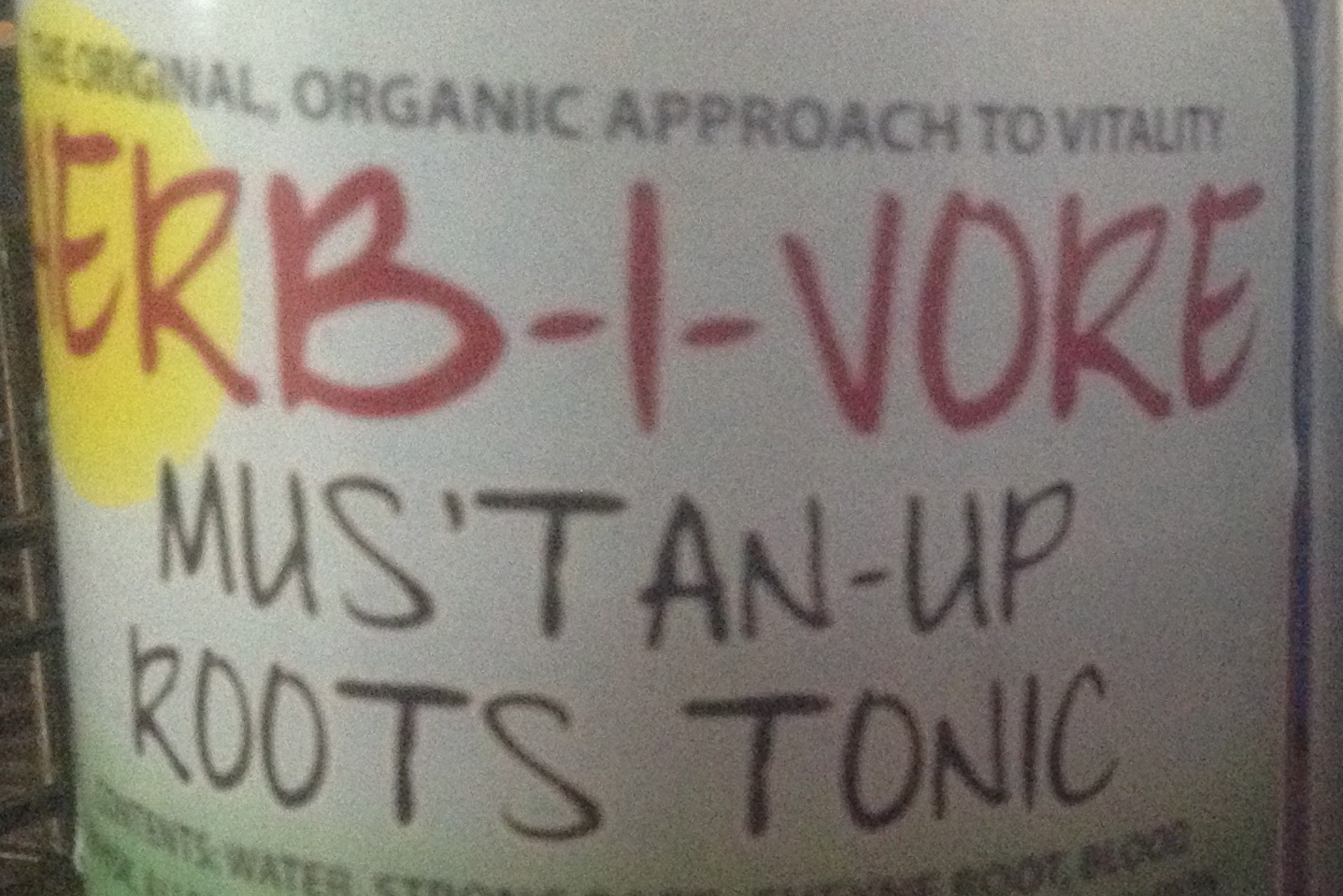| Principal Investigator: | Dr Anna Waldstein |
|---|---|
| Project dates: | April 2016 – April 2017 |
| Funding: | SAC Small Research Grant |
In the African Caribbean communities of the UK (which according to the 2011 census included roughly 990,000 people), Rastafari folk healers constitute an important source of (holistic) healthcare, providing services and products that range from divination and spiritual counseling to ‘roots’ wines and tonics. Jamaican roots tonics are deep decoctions of Smilax sp. and a variety of other roots, barks and leaves that may be sweetened with sugar/molasses and/or fermented. They have a history of use as general strengtheners and purgatives but are now often marketed as aphrodisiacs to boost male sexual potency. Rastafari roots wines and tonics are different from the commercially marketed aphrodisiac tonics, as they come in a wide variety of formulas for men, women and even children. Studies of roots tonics available on the Jamaican market have found that labeling is inconsistent, making it difficult to determine which plants are used in their production. Based on preliminary research in London, the ingredients of roots wines and tonics that are available in African Caribbean shops and through Rastafari social networks are often equally opaque.
This project has three main objectives: 1. to document botanical, spiritual and medical knowledge of Rastafari healers who brew roots wines and tonics in the UK; 2. to record narratives of illness and healing with roots tonics; and 3. to measure the popularity and knowledge of Rastafari roots wines and tonics in the broader African Caribbean community. Preliminary data will be collected using semi-structured interviews and reasonings (ritualised discussions that have been shown to be an effective ethnographic method in research with Rastafari people) with a small sample of roots tonic brewers, vendors and consumers. These interviews and reasonings will document the plants that are used in the production of roots wines and tonics in the UK, as well as knowledge, views and experiences related to roots tonics and how their consumption fits into wider health-seeking strategies. An online survey will be developed based on the results of the interviews/reasonings and distributed through Rastafari social media. The survey will measure how widespread knowledge of roots wines and tonics is, and how representative the views of the key informants are, using consensus analysis.
In addition to the production of peer-reviewed journal articles, results of the project will be fed back to local roots tonic producers to help them verify and market the quality and safety of their products.

